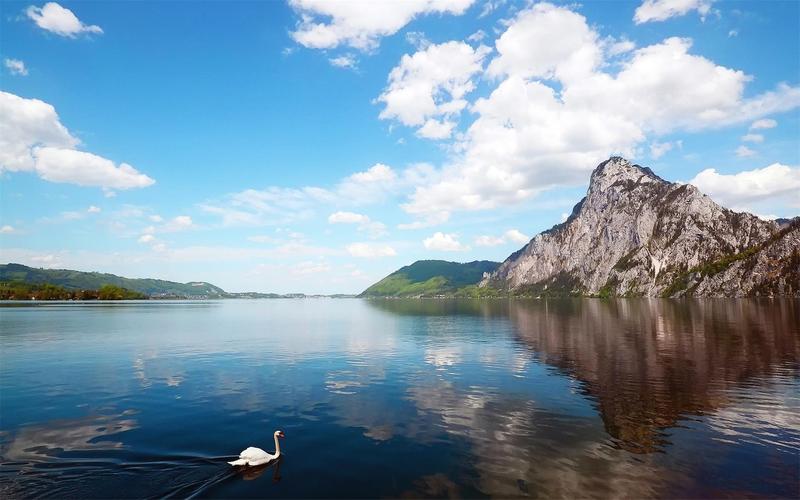Diving Deep into the Significance of Aboriginal Cultural Traditions
Aboriginal cultural traditions have withstood the test of time, preserved and celebrated by Indigenous communities around the world. These traditions not only represent the life and spirit of Aboriginal cultures but also provide insights into the local ecosystems and biodiversity. In this article, we explore the importance of Aboriginal cultural traditions in a modern world and how they can help preserve the natural wonders that we all share.
Preserving Indigenous cultural traditions is not only essential to honor cultural diversity but also helps us better understand the world around us. The traditional knowledge of Aboriginal communities is often tied to the local ecosystems and biodiversity, providing valuable insights into the relationships between different species and their habitats. For example, the Western Desert people of Australia have maintained an intimate relationship with their land for thousands of years. Their traditions and storytelling emphasize the importance of reading signs and indicators in the landscape that reveal the location of water sources and other resources, such as food and shelter. This knowledge is invaluable in arid regions where resources are scarce.
Furthermore, Aboriginal cultural traditions often emphasize the interconnectedness of all living beings and their dependence on each other. This holistic approach to nature helps preserve biodiversity and promotes sustainable use of natural resources. For example, the Haida Nation, an Indigenous community of Canada’s Pacific Northwest Coast, has maintained a close relationship with the marine environment for thousands of years. Their cultural practices emphasize harvesting only what is needed, respecting the balance of the ecosystem, and sharing resources with other beings, including humans.
Not only do Aboriginal cultural traditions offer valuable insights into the natural world, but they also provide a sense of identity and belonging to Indigenous communities. Indigenous cultures often have unique ways of communicating with each other, such as through storytelling, dance, music, and art. These forms of communication not only preserve cultural heritage but also provide a means for Indigenous communities to express themselves and connect with others. Furthermore, Indigenous communities often have a deep spiritual connection with their land and consider it not as a commodity but as a sacred entity that must be protected.
In conclusion, the significance of Aboriginal cultural traditions cannot be overstated. They not only provide insights into the natural world and promote sustainable use of natural resources but also offer a sense of identity and belonging to Indigenous communities. In a modern world, where people are becoming increasingly disconnected from nature and each other, preserving cultural diversity becomes even more critical. Therefore, we must acknowledge, celebrate and respect the rich heritage of Indigenous cultures and work to learn from them. By doing so, we can help preserve the natural wonders that we all cherish and create a more just and sustainable world for all.
(Note: Do you have knowledge or insights to share? Unlock new opportunities and expand your reach by joining our authors team. Click Registration to join us and share your expertise with our readers.)
Speech tips:
Please note that any statements involving politics will not be approved.
